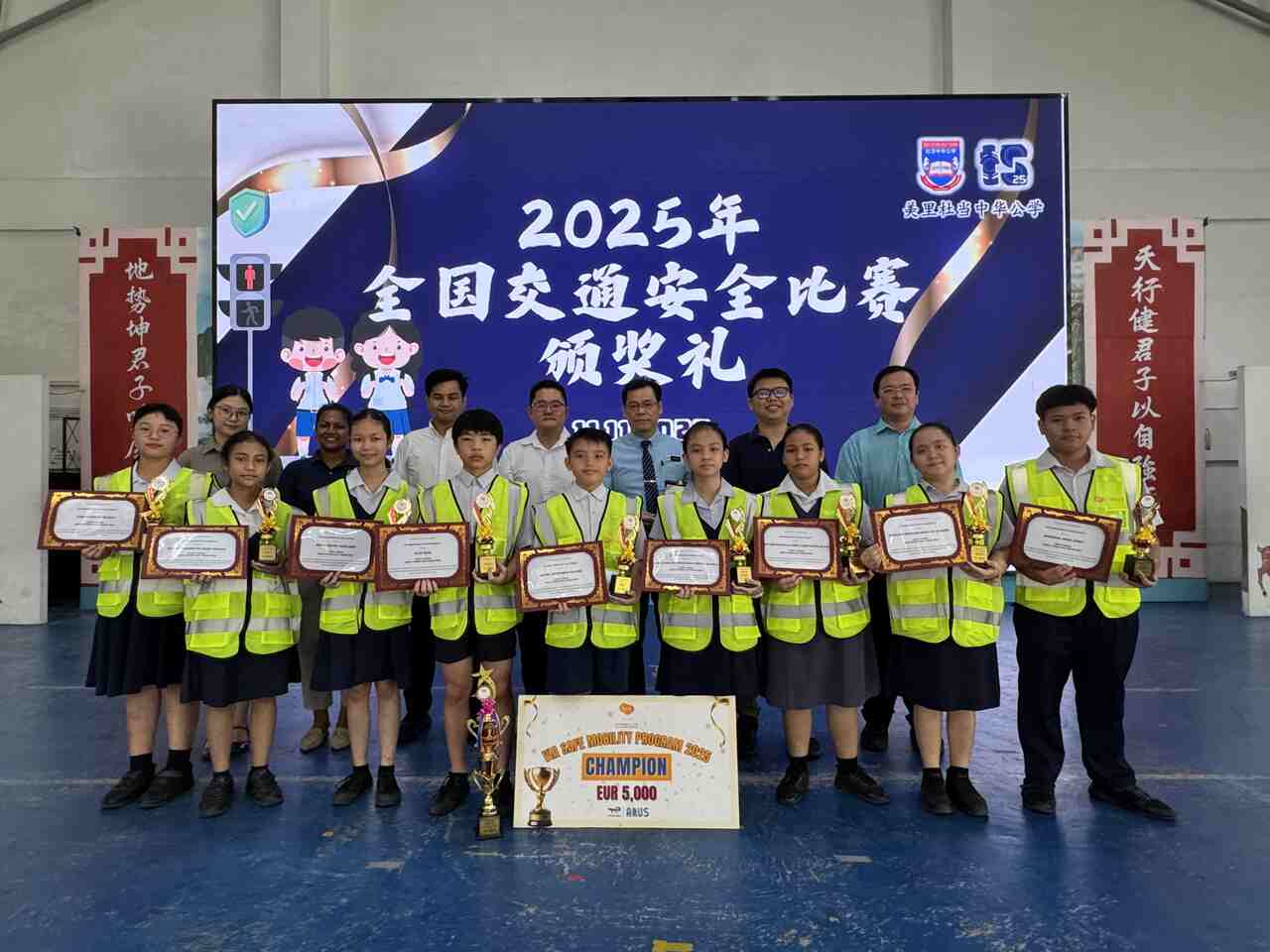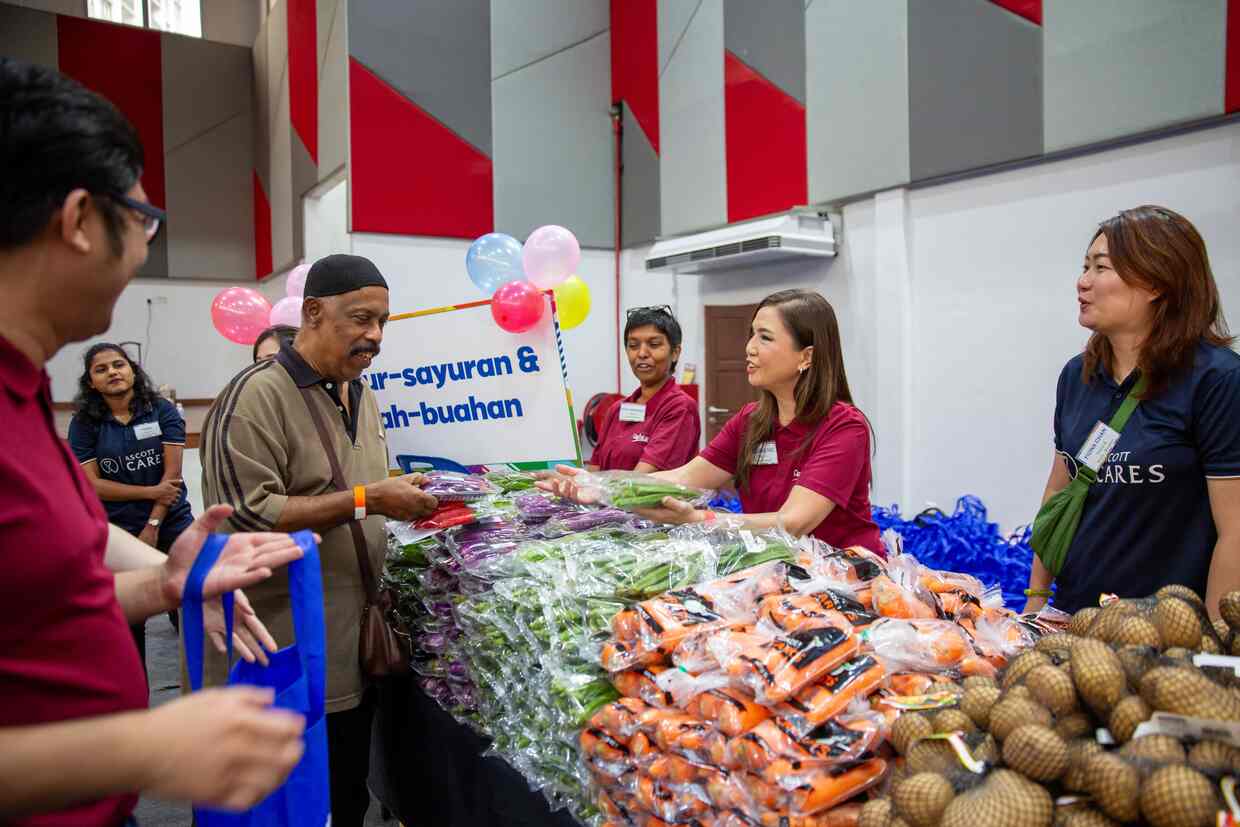
Malaysia faces a silent crisis as the misuse of antibiotics, particularly for viral infections like sore throats, drives a surge in antibiotic-resistant superbugs.
This reckless overprescription, rooted in misconceptions and lax practices, endangers public health, burdens healthcare systems, and risks rendering antibiotics ineffective.
The nation stands at a crossroads, with the power to lead Southeast Asia in curbing antimicrobial resistance (AMR) through decisive action and awareness.
The stakes are high. Antibiotics, once miracle drugs, lose potency as resistant strains like MRSA proliferate.
Malaysia must act swiftly to protect its healthcare gains and set a regional example, leveraging its strong public health framework to combat this growing epidemic.
Antibiotics crisis demands urgent reform

The World Health Organisation’s GLASS report flags Malaysia as a high-alert nation for AMR, alongside Thailand and China, where antibiotics are often accessed without prescriptions.
A 2021 survey revealed 67.2% of Malaysians wrongly believe antibiotics treat viral infections, while 34.8% see them as pain relievers. Such misconceptions fuel demand, pressuring doctors to prescribe unnecessarily.
Physicians, swayed by patient expectations and diagnostic uncertainty, often overprescribe, studies from 2016 show.
In hospitals, drug-resistant strains like Carbapenem-resistant Enterobacteriaceae escalate costs and extend stays. Treating resistant infections can triple expenses, straining patients and Malaysia’s healthcare infrastructure.

The forthcoming Malaysian Sore Throat Consensus, backed by Reckitt, aims to guide doctors with evidence-based prescribing practices.
This initiative, blending clinical expertise and public awareness, targets the rampant misuse of antibiotics for sore throats, which are typically viral and require no such treatment.
Economic and environmental tolls loom large. The World Bank warns AMR could shrink the global economy by 3.8% by 2050, pushing 28 million into poverty.
In Malaysia, costly second-line treatments and prolonged hospitalisations already stress resources. Antibiotics in wastewater further spread resistance, contaminating soil and rivers.
Malaysia’s national antibiotic stewardship programs and campaigns show promise, but scaling these efforts is critical.
The Ministry of Health has long sounded alarms, yet cultural and systemic barriers persist, demanding stronger enforcement and education.
Malaysia’s chance to lead on antibiotics

Malaysia’s healthcare strides, from universal coverage to infectious disease management, position it to champion AMR solutions.
The long-tail strategy, “antibiotic stewardship in Malaysia,” could unify enforcement of prescription rules and enhance diagnostic tools in clinics.
Collaboration across sectors—healthcare, policy, and public—can curb overuse.
Regionally, Malaysia could spearhead an ASEAN-wide AMR action plan.
By advocating stricter antibiotic sales regulations and harmonized guidelines, it could set a benchmark for sustainable antibiotic use.
Large-scale campaigns, like the Sore Throat Consensus, can shift public perceptions, reducing demand for unnecessary prescriptions.

Hospitals face rising resistant infections, with 2017 data highlighting MRSA’s spread. Improved diagnostics and physician training can mitigate this, ensuring antibiotics remain a last resort.
Malaysia’s track record suggests it can drive these changes, fostering a culture of responsible use.
Public awareness is key. Misconceptions about antibiotics’ efficacy must be debunked through education, empowering citizens to question prescriptions.
Malaysia’s proactive health policies provide a foundation to build this movement, protecting future generations.
Malaysia stands poised to lead the fight against AMR. The Sore Throat Consensus launch will amplify awareness, guiding doctors and patients alike.
By strengthening regulations, enhancing diagnostics, and uniting ASEAN, Malaysia can safeguard antibiotics’ efficacy.
Swift action is non-negotiable. With robust policies, Malaysia can preserve its healthcare legacy and inspire a region to combat antibiotic resistance, ensuring these vital drugs remain effective for decades to come.
Professor Dr. Baharudin Abdullah is a Senior Consultant at Department of Otorhinolaryngology – Head and Neck Surgery, Universiti Sains Malaysia (USM).












Add comment